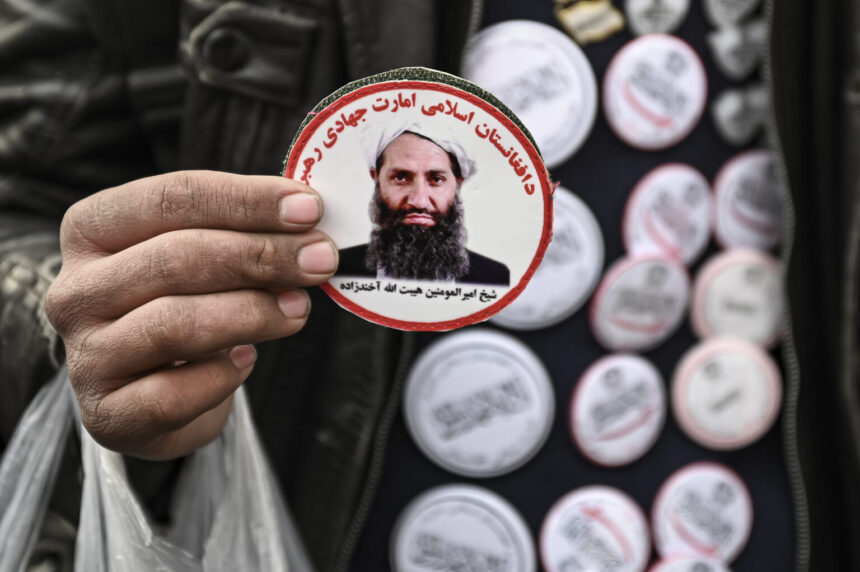RASC News Agency: Mullah Hibatullah Akhundzada, the supreme leader of the Taliban, has asserted that poverty and unemployment in Afghanistan are divinely ordained, stating that both wealth and hardship come from God and that people should accept their fate without complaint. In his Eid speech, Akhundzada declared: “Wealth and poverty are decreed by God, and Muslims should not complain about their circumstances.” He further emphasized that Afghanistanis should be grateful for simply being alive and warned that questioning one’s fate is an act of defiance against divine will.
By attributing Afghanistan’s economic misery to God’s decree, the Taliban leader effectively absolved his regime of responsibility for the country’s worsening crisis. He dismissed any suggestion that Taliban governance has fueled poverty and unemployment, instead asserting that anyone who complains about their misfortunes is challenging God’s decision. Analysts argue that Akhundzada’s rhetoric seeks to discourage scrutiny of the real causes behind Afghanistan’s economic downfall, portraying poverty as an unchangeable reality rather than the result of mismanagement and failed policies. His statement is widely seen as an attempt to deflect blame from the Taliban’s lack of effective governance while justifying the regime’s inaction on economic recovery.
Since the Taliban seized power, poverty and unemployment have surged to unprecedented levels, leaving millions in dire conditions. The Afghanistani people overwhelmingly hold the Taliban responsible for the country’s economic collapse, but the regime continues to shift accountability to divine will rather than addressing systemic failures. Reports indicate that the Taliban not only lacks the capability but also the intent to tackle Afghanistan’s economic crisis. Instead of prioritizing poverty alleviation, the regime remains focused on consolidating its grip on power, leaving millions of Afghanistanis without hope for economic relief.






